The year 2025 is no exception to the statistics on natural disasters on the territory of Bulgaria. Drought, fires, and then floods followed. Although after each disaster there are talks of measures, control and prevention, we regularly witness deja vu - both the consequences and the promises.
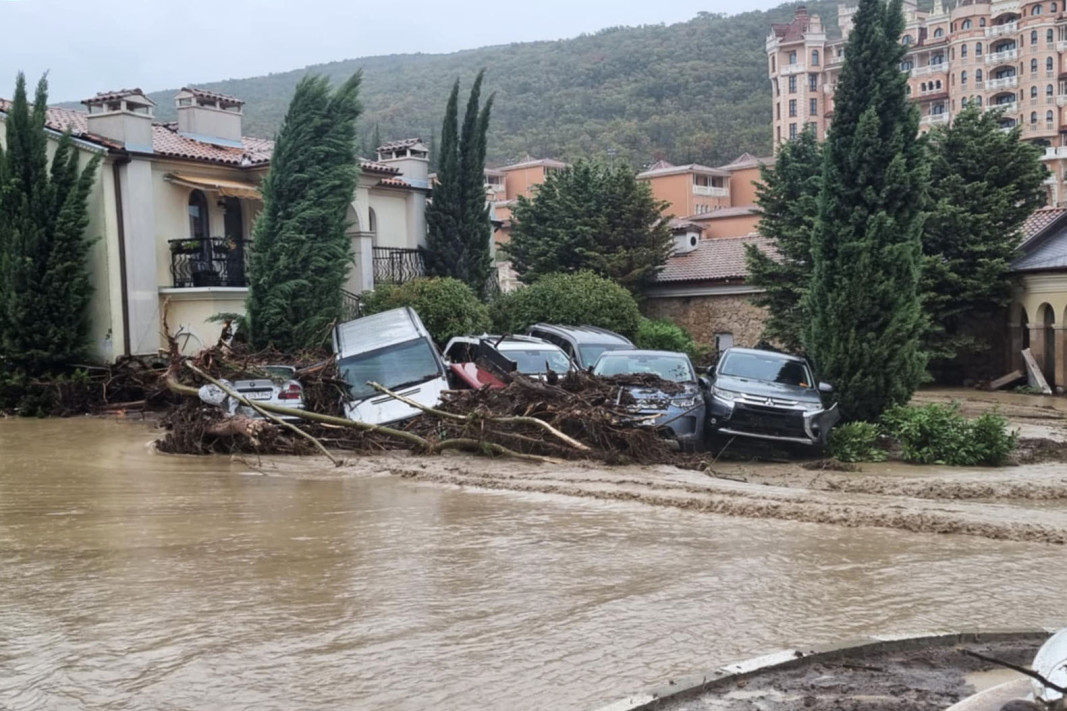
The most serious damage in the current autumn season, so far, was caused by the floods on the southern part of the Black Sea Coast, especially in the Elenite resort complex, where the torrential rains of the past few days led to a flood after the water in the ravine passing through the complex swept away dozens of cars and other property and flooded many buildings. According to the state authorities, most of these buildings were built there illegally. Four people lost their lives in the disaster and the entire population of the complex was evacuated until the damage was dealt with.
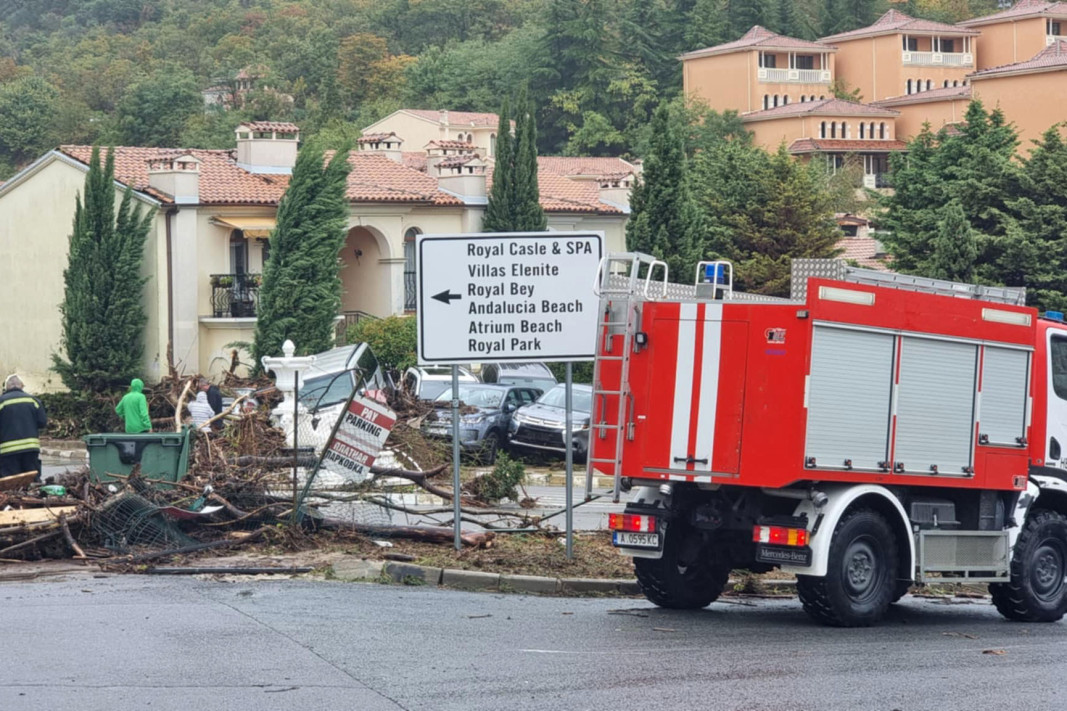
In addition to "Elenite", there are problems almost everywhere on the southern part of the Black Sea Coast - Tsarevo, Lozenets, etc. Meanwhile, a total of 51 settlements throughout the country were left without electricity due to natural conditions.
Why do we witness the same thing every year and hear the same promises, but without result? What is the main factor - the negligence of the institutions, overbuilding or climate change, which is often used by authorities to justify the situation?
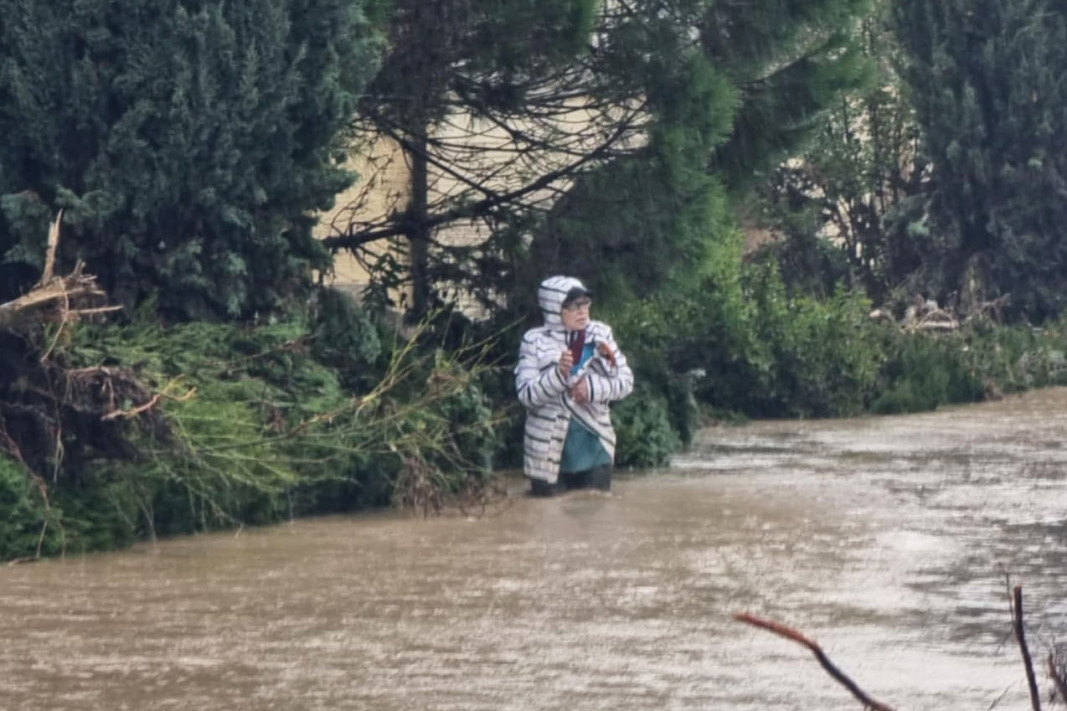
Climate change is a factor in the precipitation, leading to increasingly frequent extreme weather events, but the blame for the victims and damage lies elsewhere, Borislav Sandov, ecologist and former Deputy Prime Minister and Minister of Environment and Water told Radio Bulgaria:
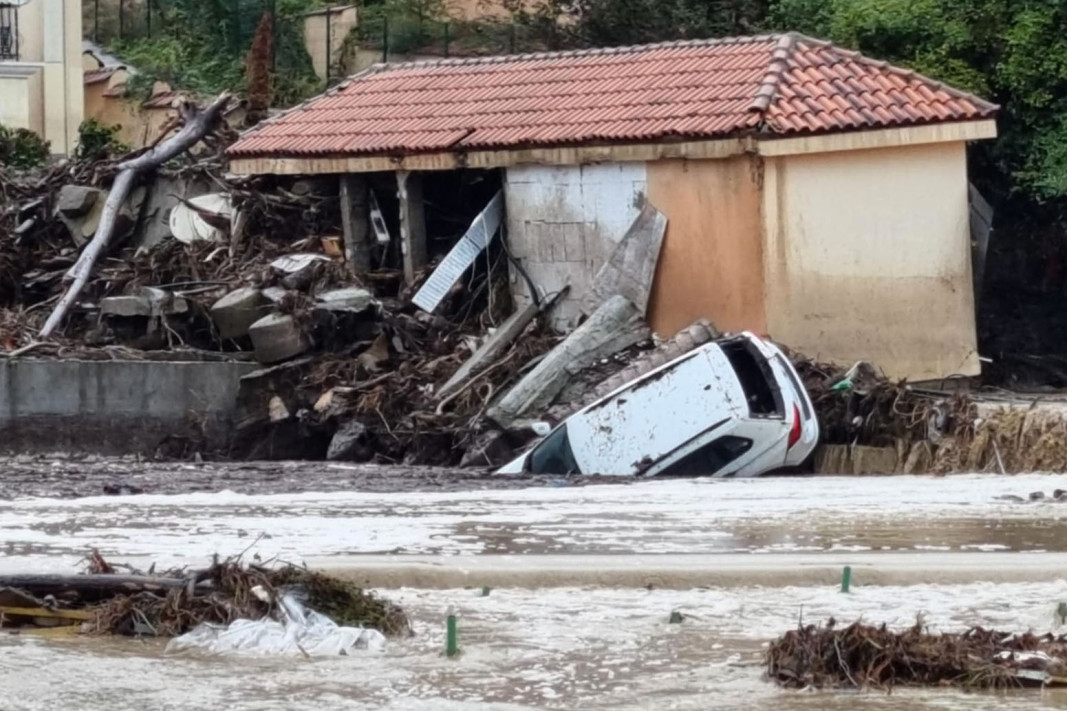
"The damage and victims are caused by negligence or corruption, depending which of the two happened when violating laws and building infrastructure in river beds, or not properly managing forests, riverbeds and urbanized areas. When we speak about these floods in early October we can definitely talk about a number of violations of the law, which led to victims and enormous material damage in Elenite complex. The same can be said about Tsarevo, where on top of everything, processes repeated in the same places with the only difference being that two years ago there were also human victims."
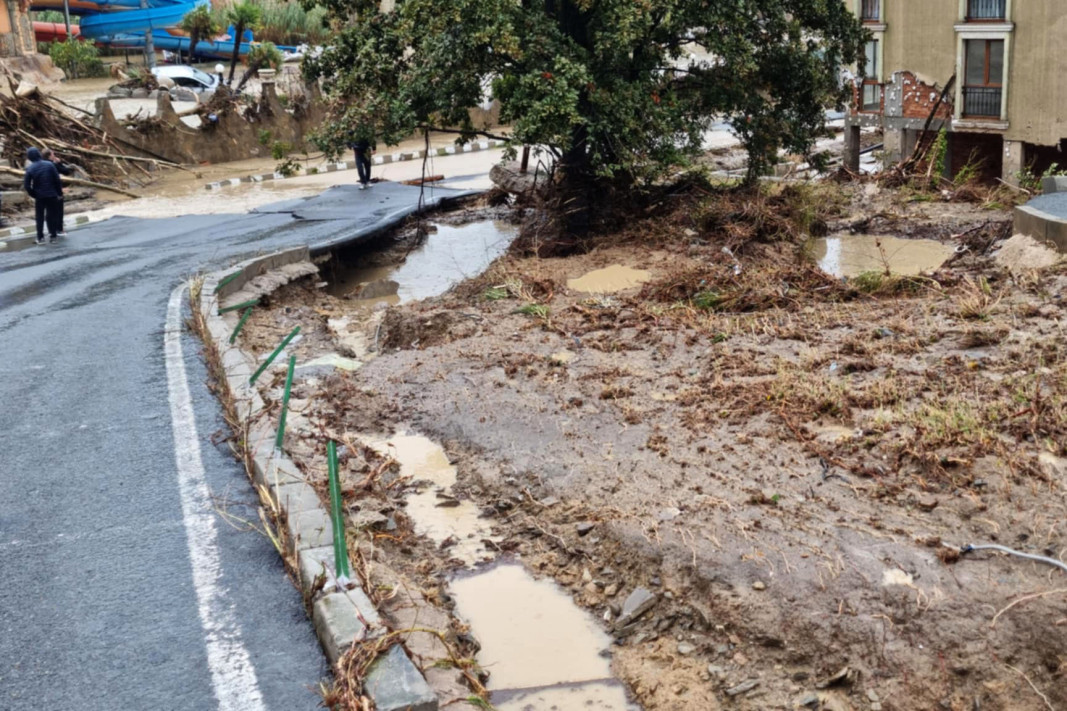
According to Sandov, the blurring of responsibility between institutions is a fact, but at the same time there are individuals and institutions that have direct responsibility and should also bear criminal liability.
"When we talk about all these violations such as removing rivers from maps, so that these terrains can be built on, there is the chief architect of the municipality, mayor, municipal councillors. When we talk about the control of these construction activities - there is the Regional Directorate for Construction Control, Regional Inspectorate of Environment and Water, Basin Directorate. These are specific institutions - both local and state ones, which bear responsibility. And it is time to seek criminal liability from them, especially the chief architects who allow such violations of the law and allow an aqua park or a hotel to appear in place of a river, for example," Borislav Sandov says.
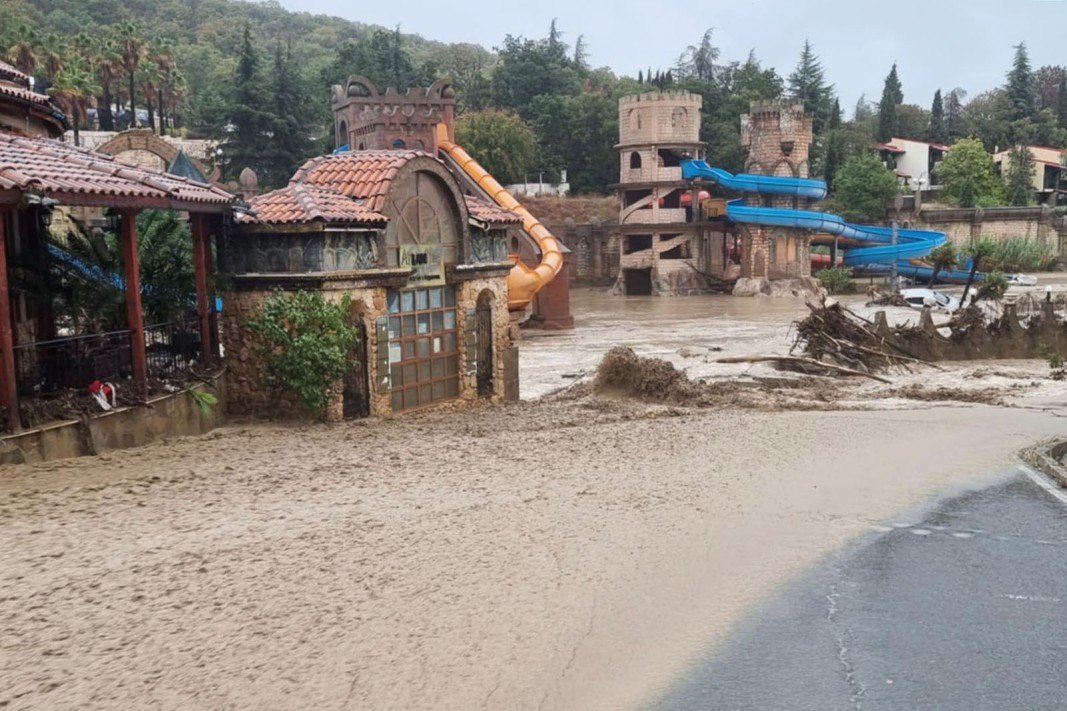
The Chamber of Architects in Bulgaria, which issued a special declaration, insists on an audit of development plans, especially in high-risk zones and a moratorium on construction in potentially risky areas. The professional organization points out that excessive, often illegal construction along the coast and the destruction of dunes, green areas and natural drainage systems turn every storm into a disaster.
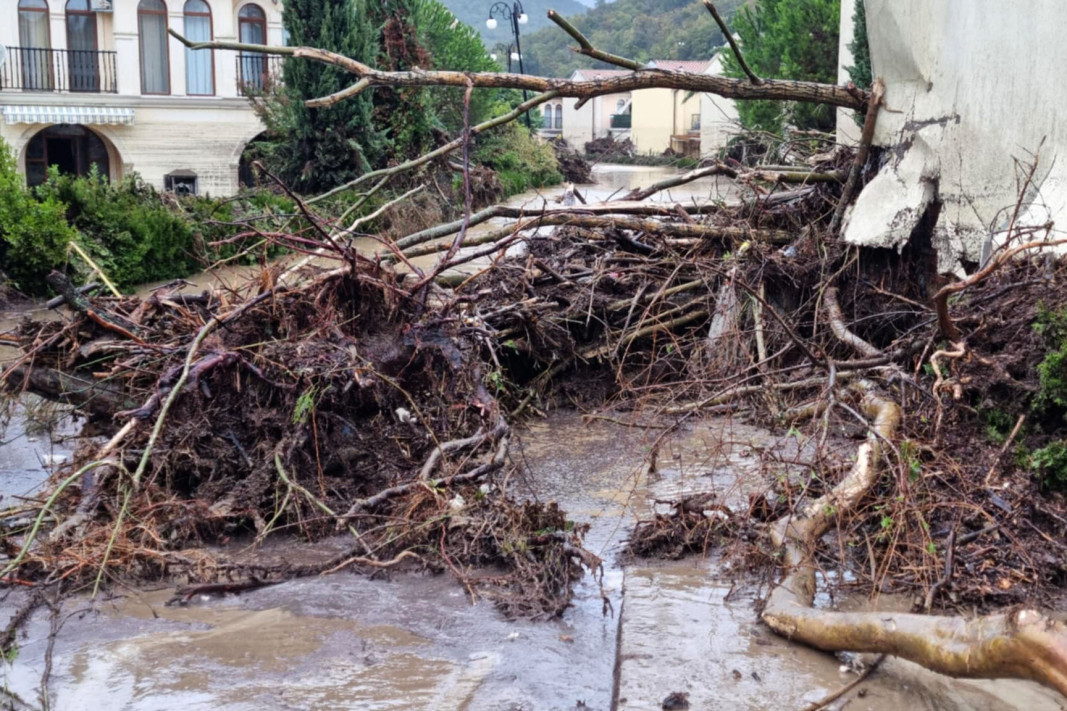
We already see permanent climate changes and we must adapt. So, there are national and sectoral strategies and they must be implemented, Borislav Sandov recalls. We should have stronger river beds, which can better perform their functions of water retention and water protection of the adjacent terrain during these heavy rainfalls. Among the solutions to the flood problem, the expert also lists better management of forests that retain water, construction of the so-called retention volumes to retain water in high places above settlements, cleaning of riverbeds, better information and early notification, etc. Structural changes should also be made because apparently the regional governors and mayors cannot cope, Sandov points out.
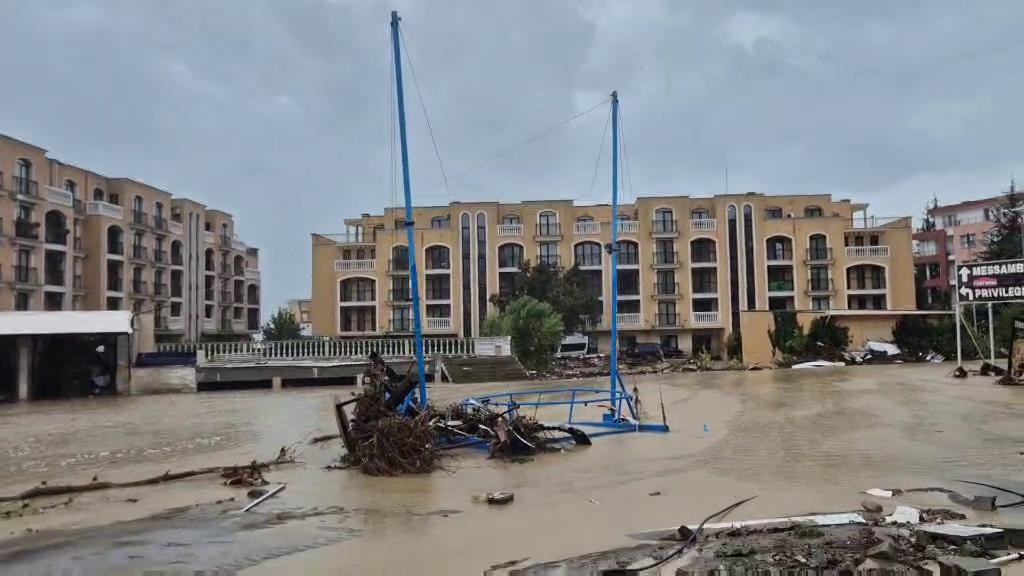
Read also:
Author: Ivan Gergov
Publication in English: Al. Markov
Photos: BTA, BGNES
Romania renegotiates its National Recovery and Resilience Plan with the EU The European Commission has approved a new version of Romania's National Recovery and Resilience Plan, announced Minister for European Funds Dragos Păslaru, quoted by..
For Chrissy Brand, a freelance journalist and long-time radio enthusiast from the UK, the trip to Bulgaria didn't start with a call to a travel agency or a low-cost airline ticket. It began decades ago in a quiet room filled with the humming of an old..
Today, 24 October, a new Bulgarian school in Spain – in the town of Fraga in the autonomous community of Aragon - is opening doors for the start of the school year. The new school is a branch of the Seven Apostles – the only Bulgarian school in the..
Over 80% of Bulgarians are expected to start using artificial intelligence in the next three years , across all age groups. Today, it is almost..
"We cannot escape from modern technologies, but we must think about how we can use artificial intelligence to improve the quality of..
Serbians around the world mark one year after Novi Sad tragedy On November 1, Serbians abroad will join the call of..

+359 2 9336 661
